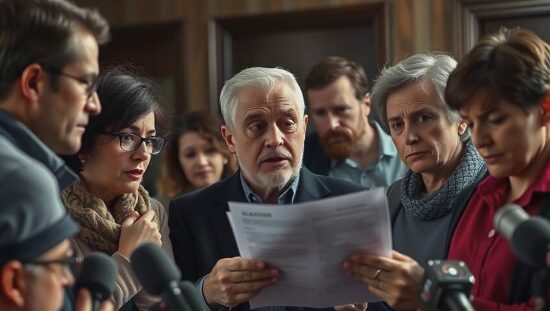A recently released expert report, intended to assist the Transport Ministry in achieving climate targets, is facing criticism from Green Party members of the Bundestag and the environmental organization BUND. Concerns center around the report’s perceived inadequacy in addressing critical areas and prioritizing necessary changes.
Swantje Michaelsen, Green Party spokesperson for transport policy, expressed disappointment, stating the report “falls short of what is necessary in many respects”. She specifically pointed to a failure to critically examine environmentally detrimental subsidies, including the company car privilege, diesel tax breaks and the commuter allowance. The report was also deemed lacking in detail regarding strengthening rail infrastructure and ensuring the sustainable financing of the Deutschlandticket program. Michaelsen argued that without more decisive action, the federal government will struggle to shift the transport sector towards climate neutrality.
Michaelsen advocated for a reallocation of funds, arguing that resources should be diverted from tax incentives and new highway construction – as currently proposed in the draft budget – towards measures that will drive the mobility and energy transition. Specific proposals include reliable rail financing, a clear regulatory framework for electric mobility and increased support for public transport, cycling and pedestrian infrastructure.
Jens Hilgenberg, BUND’s transport expert, concurred with the critique, suggesting the paper presents an incomplete picture of available climate protection measures. He noted that regulatory tools such as a general speed limit were not even considered.
According to Hilgenberg, the report lacks sufficient and timely measures, particularly concerning passenger vehicles and trucks, needed to meet the established climate protection goals within the transport sector. He emphasized the importance of the German government actively supporting ambitious EU regulations to mitigate the potential for financial penalties arising from failing to meet national climate targets. Rapid and reliable adoption of electric vehicles, Hilgenberg concluded, remains crucial to minimizing that shortfall and avoiding EU financial penalties.





